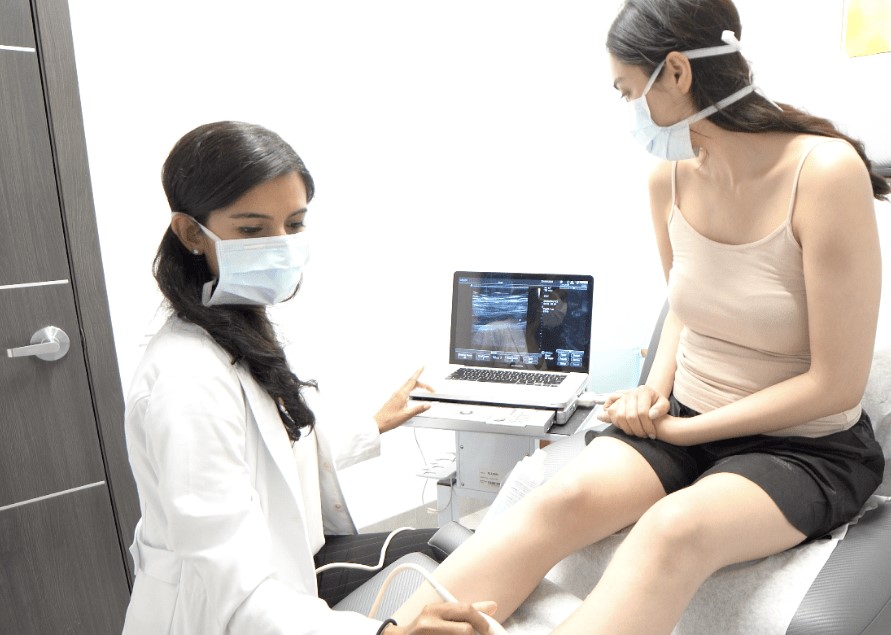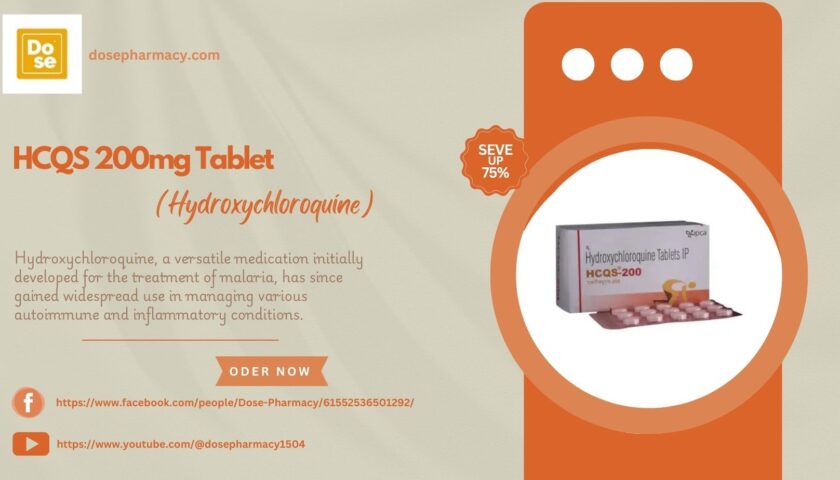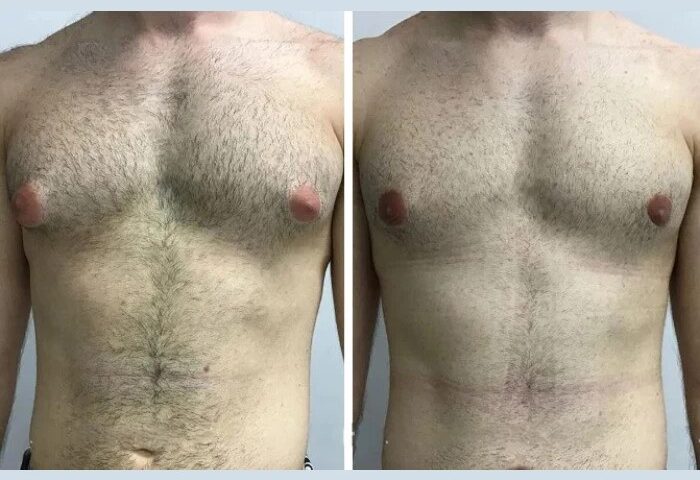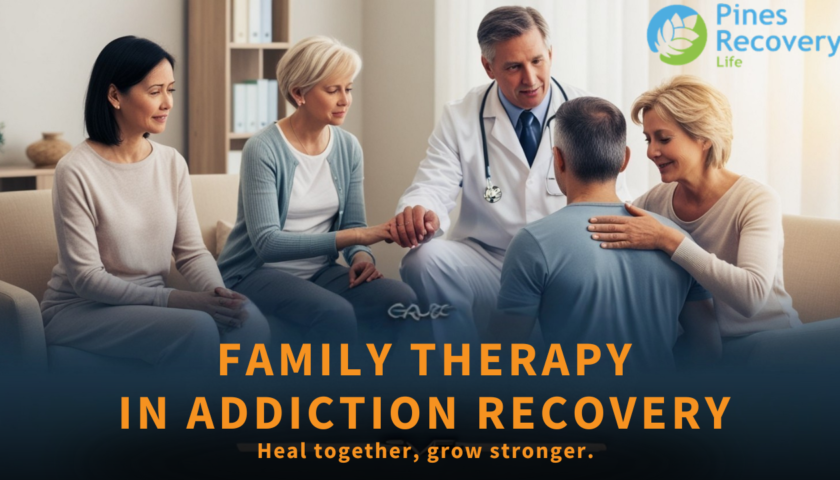If you suffer from varicose veins, spider veins, or other venous disorders, you may wonder, what is a vein doctor called? A vein specialist is a phlebologist, a doctor who diagnoses and treats vein-related conditions. Some specialists may also be vascular surgeons or interventional radiologists with expertise in treating venous diseases. Visiting a vein treatment center can help prevent complications and improve circulation, reducing discomfort and cosmetic concerns.
Why Should You See a Vein Doctor?
Vein diseases affect millions of people, yet many ignore the symptoms until they worsen. Seeking professional help from a vein treatment center provides several benefits:
- Early Diagnosis: A vein doctor can detect issues before they lead to serious complications such as deep vein thrombosis (DVT).
- Customized Treatment Plans: Specialists assess your condition and recommend tailored treatments, such as laser therapy or sclerotherapy.
- Minimally Invasive Procedures: Modern vein treatments require minimal downtime and offer long-term results.
- Improved Quality of Life: Proper vein care enhances mobility, reduces pain, and restores confidence in your appearance.
What Conditions Does a Vein Doctor Treat?
A vein doctor addresses various venous disorders, including:
Varicose Veins
These swollen, twisted veins usually appear on the legs and can cause pain, swelling, and heaviness. Treatments include endovenous laser therapy (EVLT), radiofrequency ablation (RFA), and sclerotherapy.
Spider Veins
Smaller than varicose veins, spider veins are cosmetic concerns that appear as red or blue lines on the skin. Vein specialists use laser therapy or sclerotherapy to eliminate them.
Deep Vein Thrombosis (DVT)
A serious condition where a blood clot forms in deep veins, leading to pain and swelling. If untreated, it may cause life-threatening complications such as pulmonary embolism.
Chronic Venous Insufficiency (CVI)
When blood pools in the veins due to valve failure, it causes leg swelling, pain, and ulcers. Treatments include compression therapy, medication, and minimally invasive procedures.
How to Choose the Right Vein Treatment Center
Selecting a vein treatment center ensures you receive expert care. Consider the following factors:
Credentials and Experience
Look for board-certified specialists in vascular medicine, phlebology, or vascular surgery. Experience with advanced vein treatments ensures high-quality care.
Advanced Technology
A reputable vein treatment center should offer state-of-the-art diagnostic tools, such as Doppler ultrasound, and minimally invasive procedures like laser therapy and sclerotherapy.
Patient Reviews and Testimonials
Reading reviews can give insight into patient experiences, treatment outcomes, and the clinic’s reputation.
Comprehensive Consultation
A thorough evaluation, including ultrasound imaging and discussion of treatment options, indicates a patient-centered approach.
What to Expect During Your Visit to a Vein Doctor
Initial Consultation
Your vein doctor will review your medical history, symptoms, and lifestyle factors. A physical examination and ultrasound may be conducted to assess blood flow.
Diagnosis and Treatment Plan
Based on your condition, the doctor will recommend appropriate treatments. Non-invasive options like compression stockings may be suggested for mild cases, while procedures like EVLT or foam sclerotherapy may be necessary for severe cases.
Treatment Procedure
Most treatments at a vein treatment center are outpatient procedures, requiring little to no downtime. Patients can typically resume normal activities within a day or two.
Post-Treatment Care
After treatment, doctors may recommend compression stockings, exercise, and lifestyle changes to prevent recurrence.
Effective Vein Treatment Options
Sclerotherapy
A minimally invasive treatment where a solution is injected into the vein, causing it to collapse and fade over time.
Endovenous Laser Therapy (EVLT)
A laser fiber is inserted into the vein to seal it shut, effectively rerouting blood flow to healthier veins.
Radiofrequency Ablation (RFA)
Similar to EVLT, this procedure uses heat energy to close off diseased veins.
Vein Stripping and Ligation
In severe cases, surgery may be required to remove problematic veins.
Preventing Vein Problems
Maintain a Healthy Lifestyle
Regular exercise, a balanced diet, and avoiding prolonged sitting or standing can reduce your risk of vein disorders.
Wear Compression Stockings
These stockings improve circulation and reduce swelling, especially for individuals at risk of venous insufficiency.
Stay Hydrated
Proper hydration supports vein health and reduces the risk of blood clots.
Elevate Your Legs
Raising your legs helps improve circulation and prevents blood from pooling in the veins.
Why Should You Visit a Vein Treatment Center?
A vein treatment center provides specialized care for venous conditions using advanced technology and expert medical guidance. Here are some reasons why visiting a vein clinic is beneficial:
1. Accurate Diagnosis and Specialized Care
Vein doctors use diagnostic tools such as ultrasound imaging to assess blood flow and identify venous disorders. Unlike general practitioners, phlebologists and vascular specialists have extensive training in vein-related conditions, ensuring that patients receive accurate diagnoses and effective treatments.
2. Minimally Invasive Treatments
Many modern vein treatment centers offer minimally invasive procedures, including:
- Sclerotherapy – Injection-based treatment for spider and varicose veins.
- Endovenous Laser Therapy (EVLT) – Laser treatment that seals off problematic veins.
- Radiofrequency Ablation (RFA) – Uses heat to close damaged veins.
- Venaseal™ – A medical adhesive that seals affected veins without requiring surgery.
These treatments offer faster recovery times, less pain, and minimal scarring compared to traditional vein surgery.
3. Improved Circulation and Reduced Symptoms
Vein problems can cause discomfort, swelling, and heaviness in the legs. Seeking treatment at a vein treatment center can help alleviate these symptoms and improve overall blood circulation. By addressing venous insufficiency early, you can prevent more severe complications such as deep vein thrombosis (DVT) or leg ulcers.
4. Boosted Confidence and Aesthetic Benefits
Varicose and spider veins can affect your appearance, leading to self-consciousness about your legs. Treatments offered at a vein treatment center can eliminate unsightly veins, giving you smoother, healthier-looking skin. Many patients experience a boost in confidence after undergoing vein treatments.
Signs That You Need to See a Vein Doctor
If you experience any of the following symptoms, it’s time to schedule a consultation at a vein treatment center:
- Swollen, painful, or throbbing veins
- Heaviness or fatigue in the legs
- Skin discoloration around the veins
- Itchy or burning sensations in the legs
- Open sores or ulcers on the lower legs
- Leg cramps or restless leg syndrome at night
Ignoring these symptoms can lead to more serious health issues, so early intervention is crucial.
How to Choose the Best Vein Treatment Center
Selecting the right vein treatment center is essential for receiving high-quality care. Here are some factors to consider:
1. Board-Certified Vein Specialists
Ensure that the center has board-certified phlebologists or vascular surgeons who specialize in treating vein diseases. Experience and credentials play a significant role in the quality of care you receive.
2. Advanced Technology and Treatment Options
A reputable vein treatment center should offer state-of-the-art diagnostic tools and minimally invasive procedures. Look for clinics that use ultrasound-guided treatments, laser therapy, and non-surgical techniques for optimal results.
3. Patient Reviews and Testimonials
Check online reviews and testimonials from past patients to gauge the clinic’s reputation. Positive feedback on patient care, treatment effectiveness, and staff professionalism can help you make an informed decision.
4. Personalized Treatment Plans
Every patient’s vein condition is unique, so the vein treatment center should provide personalized treatment plans tailored to your specific needs. A good clinic will assess your medical history and recommend the best treatment approach for you.
What to Expect During Your First Visit to a Vein Treatment Center
If you’re visiting a vein treatment center for the first time, here’s what you can expect:
- Medical History Review – The doctor will discuss your symptoms, lifestyle, and medical history.
- Physical Examination – A thorough examination of your legs will be conducted.
- Diagnostic Testing – Ultrasound imaging may be used to assess your vein health.
- Treatment Plan Discussion – Based on the diagnosis, the doctor will recommend appropriate treatment options.
- Procedure Scheduling – If necessary, a procedure will be scheduled at a convenient time.
Conclusion
Understanding what is a vein doctor called and the benefits of visiting a vein treatment center can help you take control of your vascular health. Seeking timely treatment from a qualified phlebologist or vascular specialist can relieve symptoms, prevent complications, and enhance your quality of life. If you experience leg pain, swelling, or visible veins, schedule a consultation today and prioritize your vein health.





